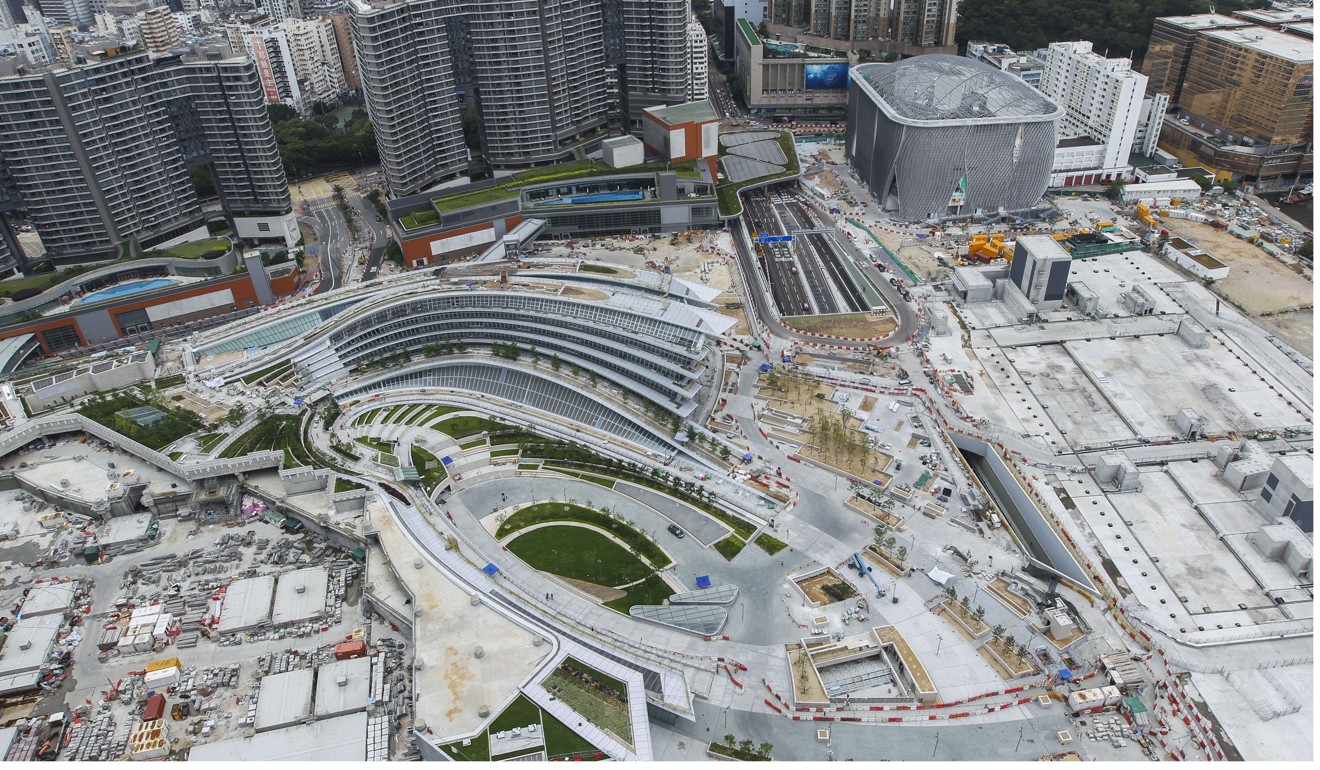
Hong Kong court will hear application to temporarily ban controversial checkpoint plan before cross-border rail link opens
Court schedules hearing on August 10 to decide whether to grant interim ban with express rail link set to open in September
A Hong Kong court will next month hear an application to temporarily ban a controversial joint-checkpoint plan for the new cross-border express rail link, ahead of its expected opening in September.

On Monday, the court scheduled a separate hearing on August 10 to decide whether to grant the interim ban.
Justice department seeks mainland legal advice in joint checkpoint fight
The interim ban application targets the joint-checkpoint arrangement, not the HK$84.4 billion (US$10.7 billion) link, Leung and Kwok argued in their legal document submitted to the court on Monday.
They argued that there would not be losses, contrary to what they expected the government to claim.
Not putting the plan on hold could affect “Hong Kong’s reputation in its rule of law” and bring damages “beyond what money can compensate”, they also argued.
Under the plan, the Hong Kong government will lease a section of the terminus to mainland Chinese immigration and customs authorities – as opposed to the traditional arrangement where people crossing the border would use checkpoints on mainland soil.
Leung and Kwok argued that the Legco document in 2008 showed the government had set aside space to implement the traditional approach should the co-location plan fail. They argued therefore that the link could still run.
Speaking outside court, Leung said the co-location plan meant that “even though we have landed on Hong Kong soil, we are not protected by the laws here”.
A spokesman from the Transport and Housing Bureau said the government would deal with the ban application “as appropriate”, and it did not want to comment on ongoing judicial proceedings.
Six things to know about controversial co-location scheme
Ronny Tong Ka-wah, a barrister and member of the Executive Council, which advises the city’s leader, said last week that it was unlikely the injunction order would be granted, as the court would look at the prospect of Leung’s case and whether damage to the government – if the order was granted – would be reversible.

